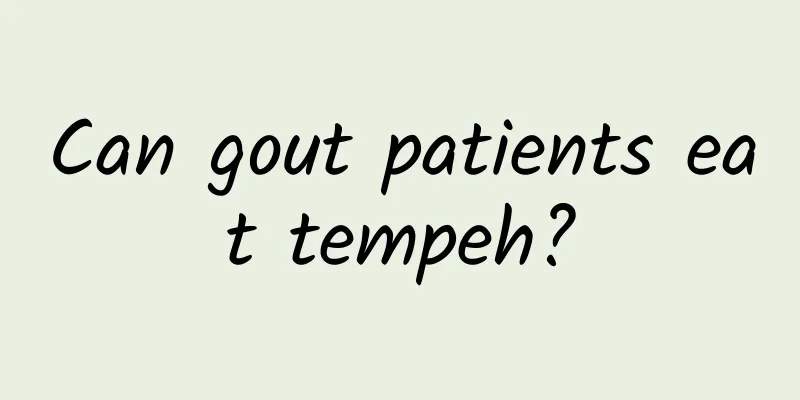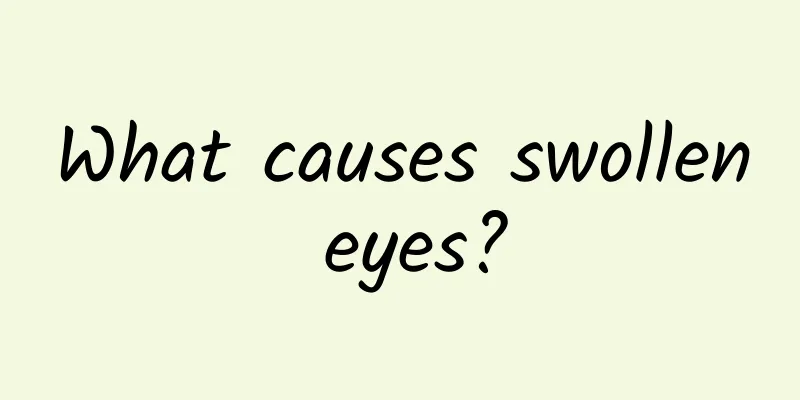Nature and flavor of Citrus aurantium and its meridians

|
Citrus aurantium is a Chinese herbal medicine and is currently listed as a geographical indication protected product in China. Therefore, it has a strong protective effect. Its main effect is to treat indigestion, rectal prolapse, and uterine prolapse that many people experience. It can also have a good effect on relieving negative qi and treat nausea. Therefore, everyone needs to know the nature and flavor of Citrus aurantium and choose some appropriate methods for conditioning and treatment. What is Citrus aurantium Zhi Ke (zhǐ qiào) is a Chinese herbal medicine listed as a Chinese national geographical indication protected product. It comes from the dried immature fruits of the Rutaceae plant Citrus aurantium and its cultivated varieties. It is produced in many places in my country, but the varieties in Hunan and Jiangxi are the best. . It is usually harvested in July when the peel is still green, then cut in half in the middle and dried in the sun or at low temperature. Citrus aurantium is often used to treat indigestion, phlegm and fluid retention, gastroptosis, rectal prolapse, uterine prolapse and other diseases. It has the main effects of regulating Qi, relieving fullness, relieving stagnation and relieving bloating. check the details The efficacy and function of Citrus aurantium What are the effects and functions of Citrus aurantium? The traditional Chinese medicine Citrus aurantium is mainly used to break up qi, remove phlegm, and eliminate accumulation. It is used to treat phlegm stagnation in the chest and diaphragm, chest fullness, flank distension, food stagnation, belching, vomiting, heaviness after diarrhea, rectal prolapse, and uterine prolapse. The specific effects and functions are as follows: 1. Materia Medica: It is used to treat urticaria all over the body, itchy skin like numbness, intestinal wind and hemorrhoids, gas stagnation in the heart and abdomen, bloating and emptying of the flanks, and obstruction of the diaphragm. 2. "Bencao Gangmu" (Bencao Gangmu): Strengthens the spleen and appetite, regulates the five internal organs, reduces gas, stops vomiting, and eliminates phlegm. It can treat nausea, cholera, diarrhea, help digestion, break up knots and lumps, treat five types of diaphragmatic qi, eliminate wind and improve eyesight, and treat pulmonary edema, benefit the large and small intestines, and itchy skin. Hemorrhoids can be treated with heat and ironing. 3. Kaibao Materia Medica: It is used to treat wind itching and paralysis, clear the joints, relieve cough due to fatigue, stuffy back and shoulders, disperse stagnation of phlegm in the chest and diaphragm, expel water, eliminate bloating and fullness, wind in the large intestine, calm the stomach, and stop pain caused by wind. 4. "Pearl Capsule": breaks up qi and releases harmful qi in the lungs. 5. "The Origin of Medicine": "The Secret of Main Treatment" says that it can break up the hard mass under the heart, benefit the chest, resolve phlegm, and help digestion. 6. "Compendium of Materia Medica": Treats tenesmus and heaviness in the lower abdomen. 7. "Modern Practical Chinese Medicine": Treats cough, edema, constipation, uterine prolapse, and rectal prolapse. The pharmacological effects are as follows: 1. Increase coronary blood flow and renal blood flow, reduce myocardial oxygen consumption. Intravenous injection of 0.02-0.5 mg/kg in anesthetized dogs showed a pressor effect. Large doses produced significant pressor effects. Intravenous infusion of 0.2 mg/kg per minute; renal blood flow increased by 75% and urine volume doubled. It has a strong effect of inducing myocardial rhythm, which is comparable to that of adrenaline and stronger than dopamine and synephrine. Synephrine contained in Citrus aurantium is an adrenaline a-receptor stimulant and also has a certain stimulating effect on cardiac B-receptors. It constricts blood vessels and increases blood pressure. 2. Diuretic effect. Intravenous injection of Zhishi injection and N-methyltyramine in dogs can significantly increase urine volume, while blood pressure and renal vascular resistance are significantly increased. Its diuretic effect may be produced by inhibiting tubular reabsorption and other effects. Other studies believe that Zhishi exerts its sodium excretion and diuretic effects by strengthening the heart, constricting renal blood vessels, and increasing filtration pressure. |
<<: Magnolia officinalis nature and flavor
>>: Nature and flavor of Cuscuta australis
Recommend
What should elderly people with viral hepatitis not eat?
What should elderly people with viral hepatitis n...
What should I pay attention to when taking X-rays of my baby?
Can we take an X-ray? What harm will it cause to ...
Tianshan Kunlun Snow Chrysanthemum
Tianshan Kunlun Snow Chrysanthemum is a precious ...
What diseases can Panax notoginseng powder cure?
As people's living standards improve, their a...
Why is my breast a little painful?
Breast pain is quite common in life. There are ma...
Bright red menstrual period with blood clots
Menstruation is a physiological phenomenon unique...
Best treatment for gastric erosion
The harm of gastric erosion is relatively large. ...
What are the benefits of soaking onion in red wine
Using scallion stems to soak red wine is a common...
What is the cause of cervical dizziness and headache?
If a person who suffers from motion sickness expe...
Side effects of morphine
We must have taken metoclopramide in our daily li...
What causes blood in stool due to inflammation?
Everyone will experience getting angry in life, e...
How to remove old scars?
In our daily lives, we are bound to encounter man...
How to massage the bulbous nose to make it smaller
The bulbous nose is not very popular as it is not...
Female hip pain on the right side
Everyone needs to be clear that female hip pain i...
What to do if the elderly have frequent urination and urgency? Chinese medicine and dietary treatment
Frequent urination is more common in old age. Thi...









